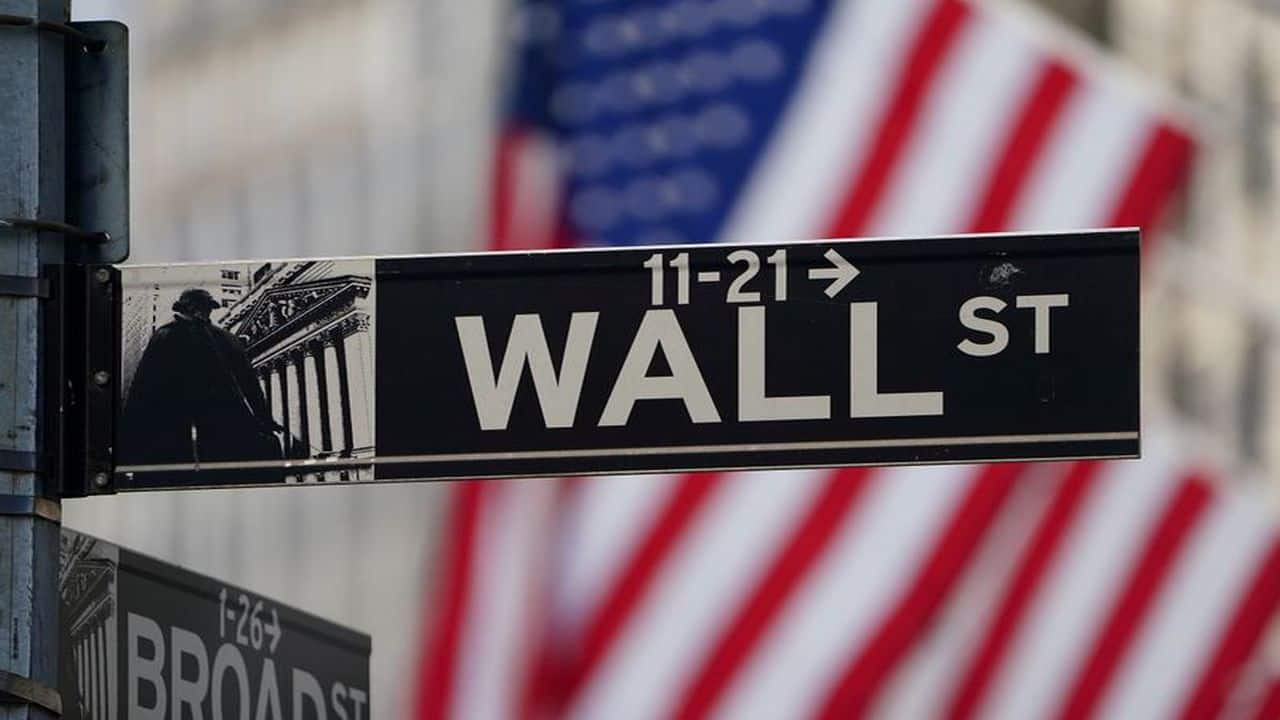COVID-19 Impact | Paris Air Show's 2021 Edition Cancelled
The biannual show, usually held in June, is the world's key event for the aerospace industry, showcasing civilian and military aircraft and equipment.
AFP
Dec 7, 2020 / 06:47 PM IST
French elite acrobatic flying team "Patrouille de France" (PAF) perform a flying display at the International Paris Air Show on June 21, 2019, at Le Bourget Airport, near Paris.
(PC- AFP/Eric Piermont)
Organisers of the Paris Air Show said on Monday that they have cancelled next year's edition of the event because of the Covid-19 pandemic.
The biannual show, usually held in June, is the world's key event for the aerospace industry, showcasing civilian and military aircraft and equipment.
Aviation: Despite Recovery Expected In 2021, Global Airline Industry’S Losses To Be Higher Than During The Global Financial Crisis
"In light of the uncertainty linked to the COVID-19 health crisis, the Paris Air Show must sadly announce the cancellation of its 2021 edition," organisers tweeted, calling the decision "inevitable".
The dates for the next scheduled Paris Air Show in 2023 would be announced shortly, they said.
Europe's other major air show, at Farnborough in the UK, was this year held online-only as Covid raged.
Organisers called the pandemic "the biggest challenge in history" for the aerospace industry.
Operations at the world's airlines have plunged as travel dried up because of restrictions on people's movements imposed by many governments.
(© Agence France-Presse)












_2020091018165303jzv.jpg)























